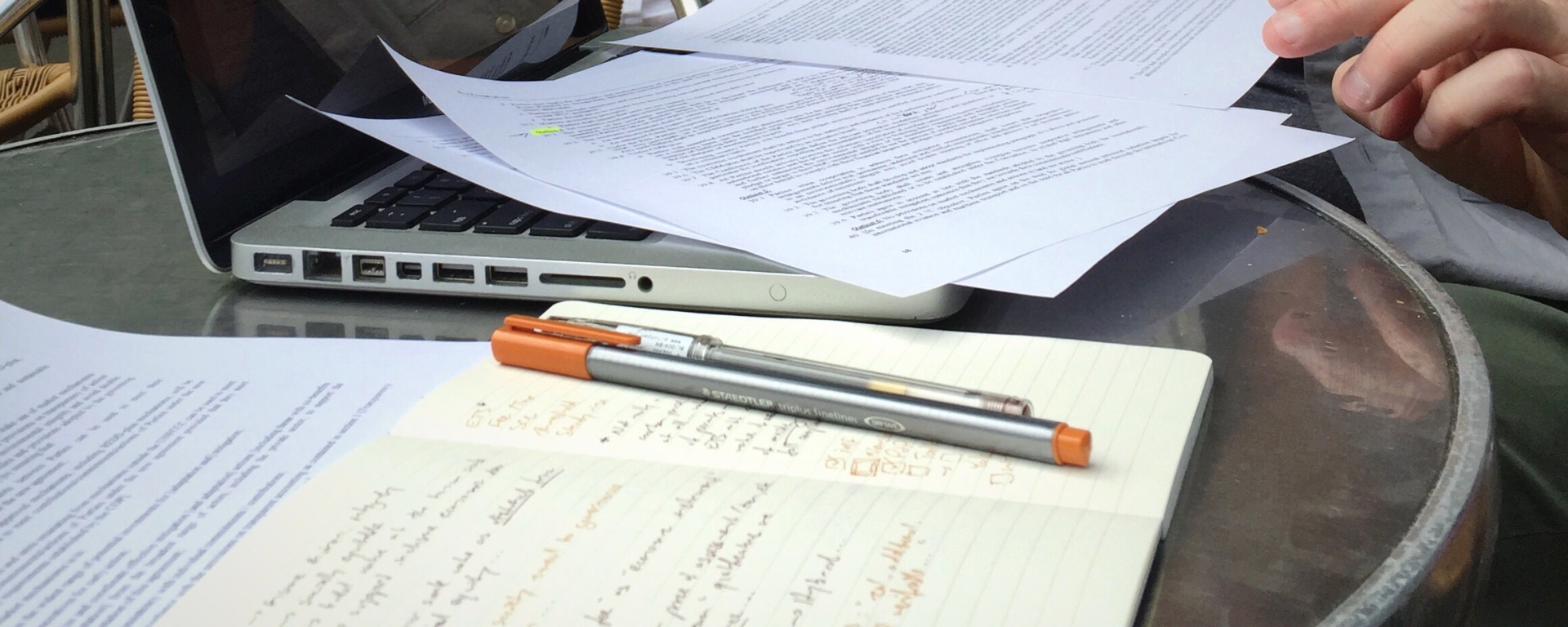Our Workstreams are collaborations between citizens and advocates, experts and non-experts, who commit to working together toward the resolution of complex policy challenges, and to ensure a robust, evolving and detailed information sharing process that empowers everyone across the team. This will underpin a global engagement activity working around the clock during the COP21 and serve as the foundation for the Citizens’ Climate Engagement Network.
The Workstreams include:
- Carbon Pricing
- Adaptation & Resilience
- Citizen Participation
- Linkages with the Sustainable Development Goals
- Human Health
- Oceans
- Long-Term Goal: Healthy Climate
- Polar Regions
- Text-Tracking
- NDC-Tracking
Carbon Pricing Workstream
The Carbon Pricing Workstream (CPW) was the first of our issue-focused workstreams to go live. Three main areas of focus of the CPW have been: 1) strategies to ensure carbon pricing is transparent, efficient, and conducive to effective and equitable outcomes; 2) ensuring language regarding carbon pricing in the negotiating text is inclusive of all useful strategies; and 3) building understanding of how carbon pricing adapted to national circumstances can maximize the building of value at the human scale.
Adaptation Workstream
The next of our issue-focused workstreams to go live will be the Adaptation Workstream. Invitations are going out now to advocates, organizations and community volunteers. If you are interested in joining the Adaptation Workstream, please go to pathwaytoparis.org/adaptwork
Participation Workstream
Article 6 of the UN Framework Convention on Climate Change calls for facilitating participation by citizens, but does not lay out a specific process for that engagement. As a result, the governments who are Parties to the UNFCCC have left the focus of Article 6 more on education and information, sometimes making an effort to provide training and support to constituencies that can benefit from participating in climate solutions.
In June, the Article 6 dialogues called for a significant intensification of:
- Climate education, at all levels, especially among youth
- Training and support for vulnerable communities
- Technical training for businesses and local officials
- Direct citizen participation in climate policy and in the global process
Global Goals Workstream
In September 2015, the UN General Assembly adopted the Sustainable Development Goals as the global development strategy for the 2015-2030 period. The 17 global goals and 169 targets for measuring progress apply to all nations and essentially equate to a global agreement to get everything right and deliver a dignified human existence to people in all nations.
Our Global Goals Workstream will take on the responsibility of drawing direct connections between the SDGs and the climate policy process, through life in communities, ecosystem resilience, and economic sustainability and fairness.
Human Health Workstream
Climate disruption affects human health in numerous ways. The most salient are major changes in the viability of agricultural lands and practices, dislocation of water resources and major rain patterns, and the resulting shift in occurrence and range of diseases. Conflict, migration, flooding, and natural disaster impacts also pose serious threats to human health.
Oceans Workstream
The health of our oceans is a vital component of the Earth’s life-support systems. Without the oxygen-exhaling life that has evolved in the oceans, we would not have enough oxygen in the atmosphere to support advanced mammalian life. The oceans absorb far more of the excess thermodynamic energy trapped in our climate system that the atmosphere. The oceans actually act both as vehicles for and regulators of world-wide thermodynamic energy flows which make up our climate system.
Other Issue Areas
Please keep in mind that as we build this global citizen engagement strategy, we welcome contributions on all relevant issue areas. Our local working sessions are designed to discover and refine these shared areas of focus. If you are interested in helping to build an always-active workstream on another issue, please consider downloading or sharing our Toolkit, to facilitate one or more local meetings on the subject, and make sure to reach out to us through the form at: engage4climate.org/inquiries

